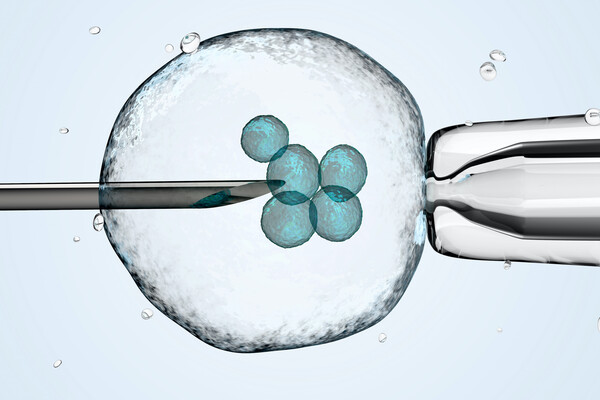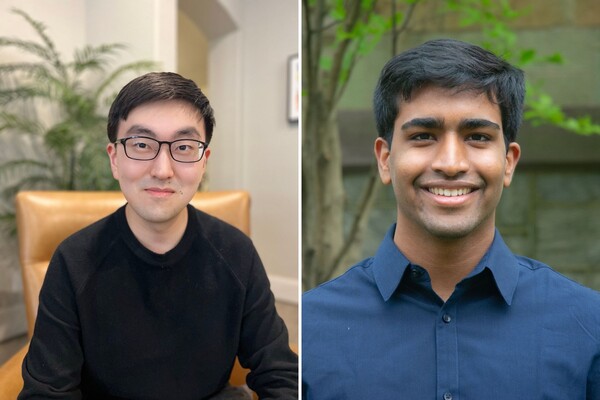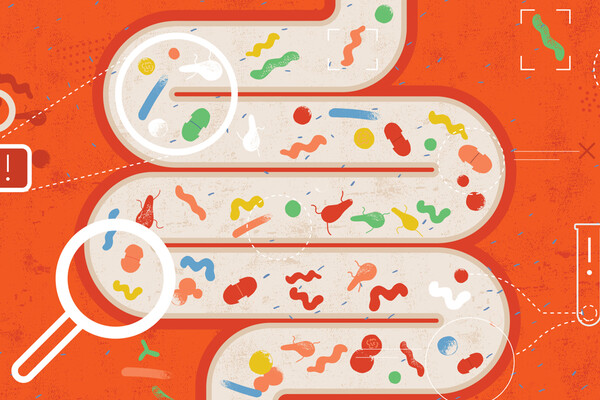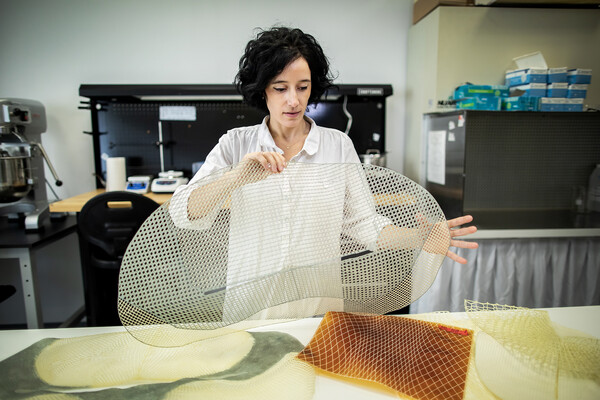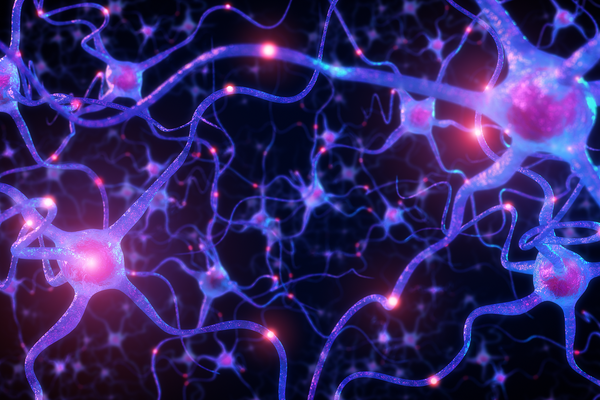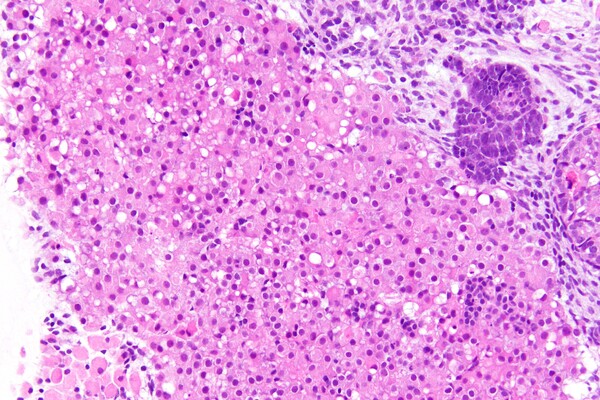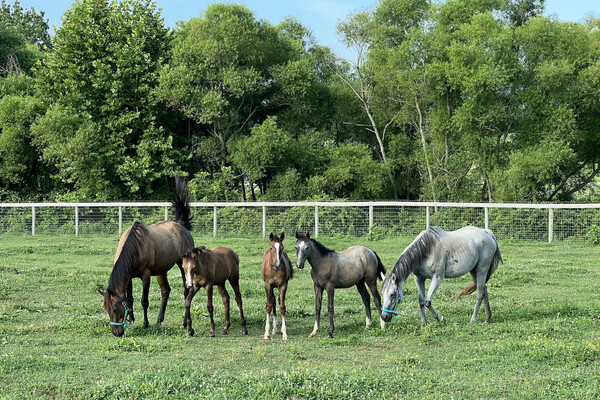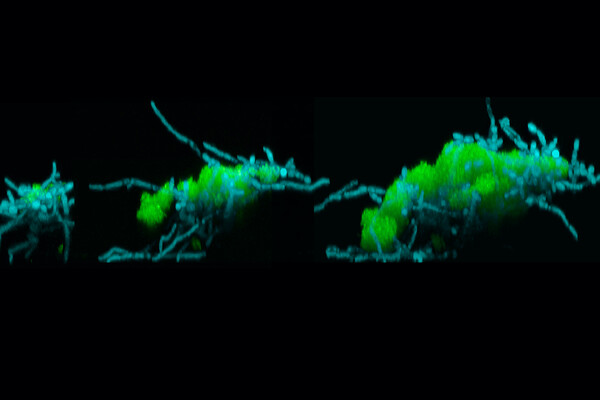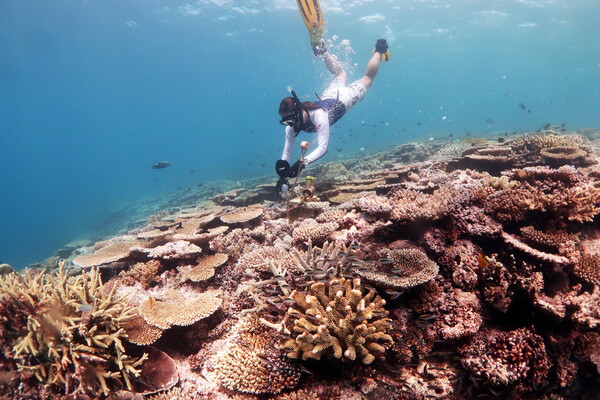5/10
Biology
New cell characterization method hints at reasons for resistance to cancer therapies
Penn experts have developed new analysis tool that combines a cell’s unique gene expression data with information about the cell’s origins. The method can be applied to identify new cell subsets throughout development and better understand drug resistance.
Two Penn fourth-years awarded 2023 Churchill Scholarships
College of Arts and Sciences fourth-years Ryan Jeong and Arnav Lal are among 16 students selected nationwide to receive a Churchill Scholarship for a year of graduate research study at the University of Cambridge in England.
Gut microbes can boost the motivation to exercise
A new study by Penn Medicine uncovers a gut-to-brain pathway that increases exercise performance.
What secrets might 2-million-year-old DNA hold?
Scientists from Denmark recently extracted and sequenced the oldest-ever DNA, from permafrost in Greenland, revealing a robust ecosystem of 135 species. Penn Today spoke with four faculty members about the potential power of ancient DNA.
People and places at Penn: Research
From Charles Addams Fine Arts Hall to the Schuylkill River, four researchers share their science and their spaces.
Minimally invasive method tracks how the brain spends energy
Penn researchers have developed a new technique for monitoring the brain’s metabolic rate of oxygen consumption, a measure of the brain’s consumption of energy.
Recreating the adrenal gland in a petri dish
A School of Veterinary Medicine–led team coaxed stem cells to take on the characteristics and functions of a human adrenal gland, progress that could lead to new therapies for adrenal insufficiencies and a deeper understanding of the genetics of such disorders.
Making ‘true’ equine IVF a reproducible success
A new method developed by Katrin Hinrichs and colleagues in the School of Veterinary Medicine resulted in the birth of three healthy foals, opening the door to new insights in the basic biology of horse reproduction.
Microbes that cause cavities can form superorganisms able to ‘crawl’ and spread on teeth
These multicellular, cross-kingdom assemblages were more resistant to antimicrobials and removal and caused more extensive tooth decay than their single-species equivalents, according to research led by School of Dental Medicine scientists.
Environment influences coral’s resilience to acidification
Ocean acidification is an effect of climate change that threatens the health of coral. A new study examines how coral samples from the Great Barrier Reef fare in acidic conditions.
In the News
Man does DNA test, not prepared for what comes back ‘unusually high’
César de la Fuente of the School of Engineering and Applied Science and Perelman School of Medicine says that Neanderthal DNA provides insights into human evolution, population dynamics, and genetic adaptations, including correlations with traits such as immunity and susceptibility to diseases.
FULL STORY →
Bird flu virus has been spreading in U.S. cows for months, RNA reveals
Louise Moncla of the Veterinary School of Medicine says that the bird flu virus is clearly being transmitted to cows in some way.
FULL STORY →
When is the best time to take L-theanine—morning or night?
According to Colleen Tewksbury of the School of Nursing, research suggests that L-theanine may help support stress management, sleep, and potentially weight management.
FULL STORY →
Is the flu shot market a slam dunk for mRNA vaccines? Experts aren’t so sure
Scott Hensley of the Perelman School of Medicine is working on a flu vaccine to provide protection against 20 subtypes of flu that may pose a pandemic threat in the future.
FULL STORY →
Thanks, Neanderthals: How our ancient relatives could help find new antibiotics
A study by César de la Fuente of the Perelman School of Medicine and colleagues used AI to recreate molecules from ancient humans that could be potential candidates for antimicrobial treatments.
FULL STORY →
Long COVID brain fog may originate in a surprising place, say scientists
A study by Christoph Thaiss and Maayan Levy of the Perelman School of Medicine and colleagues finds that long COVID’s neurological symptoms, like brain fog, memory loss, and fatigue, may stem from serotonin reduction.
FULL STORY →



